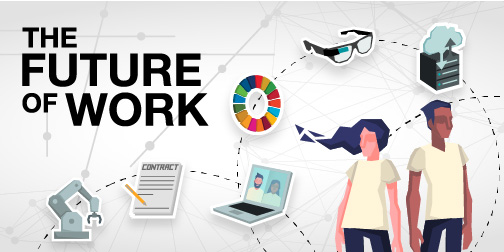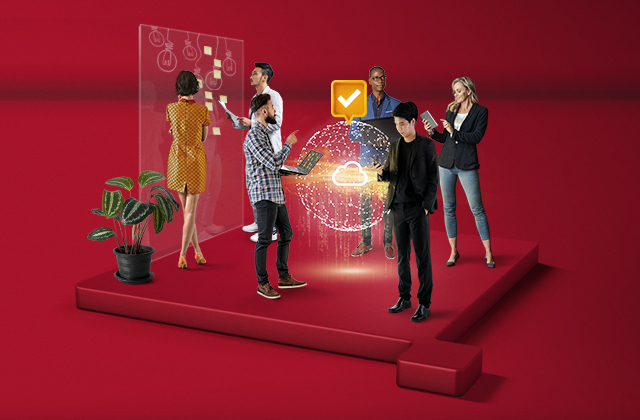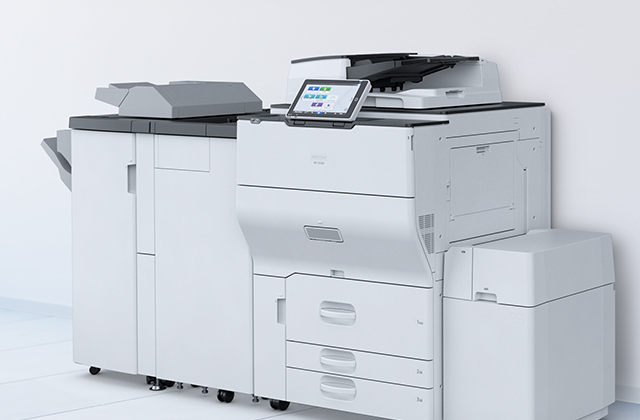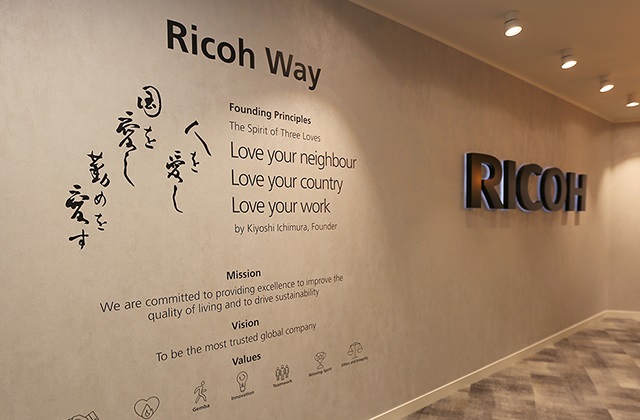Four in five workers expect employers to help them upskill as workplaces evolve
Ricoh Europe report into the Future of Work highlights that despite optimism around the role of technology at work, employees expect employers to help extend their careers

A closer look across Europe:
| Employees are confident they have the skillset needed to keep their job for the next 10 years | Employers should provide the tools and training to help employees adapt to new technologies | Employees willing to take a pay cut of up to 10% to work for an employer that embraces flexible working | Employees are optimistic about the opportunities of technology in the workplace | |
| UK | 67 % | 75 % | 28 % | 53 % |
| France | 77 % | 79 % | 34 % | 56 % |
| Germany | 76 % | 74 % | 30 % | 57 % |
| Italy | 82 % | 82 % | 38 % | 73 % |
| Spain | 84 % | 78 % | 42 % | 73 % |
| Netherlands | 80 % | 83 % | 17 % | 54 % |
| Om Ricoh |
Ricoh är en ledande leverantör av integrerade digitala tjänster samt utskrifts- och bildlösningar utformade för att stödja den digitala omvandlingen av arbetsplatser och arbetsytor samt optimera företagsprestanda.
Med huvudkontor i Tokyo når Ricohs globala verksamhet kunder i cirka 200 länder och regioner, stödd av förvärvad kunskap, teknologi och organisatorisk kapacitet som har utvecklats under dess 85-åriga historia. Under det finansiella året som avslutades i mars 2023 hade Ricoh-koncernen en global försäljning på 2 134 miljarder yen (cirka 16,0 miljarder USD).
Det är Ricohs uppdrag och vision att stärka individer att finna uppfyllelse genom arbete, genom att förstå och omvandla hur människor arbetar, så att vi kan frigöra deras potential och kreativitet för att förverkliga en hållbar framtid.
Ricoh Sverige AB har huvudkontor i Solna, Stockholm och egna kontor i Göteborg och Malmö. Ricoh Sverige har dessutom ett omfattande nät av servicepartner, IT-partner och återförsäljare över hela landet.
För mer information, vänligen besök www.ricoh-europe.com alternativt www.ricoh.se
© 2023 RICOH COMPANY, LTD. Alla rättigheter förbehållna. Alla refererade produktnamn är varumärken som tillhör respektive företag.
Kontakt med media:
Ricoh Europe PLC
Charlotte Fernandez
E-post: media@ricoh-europe.com













